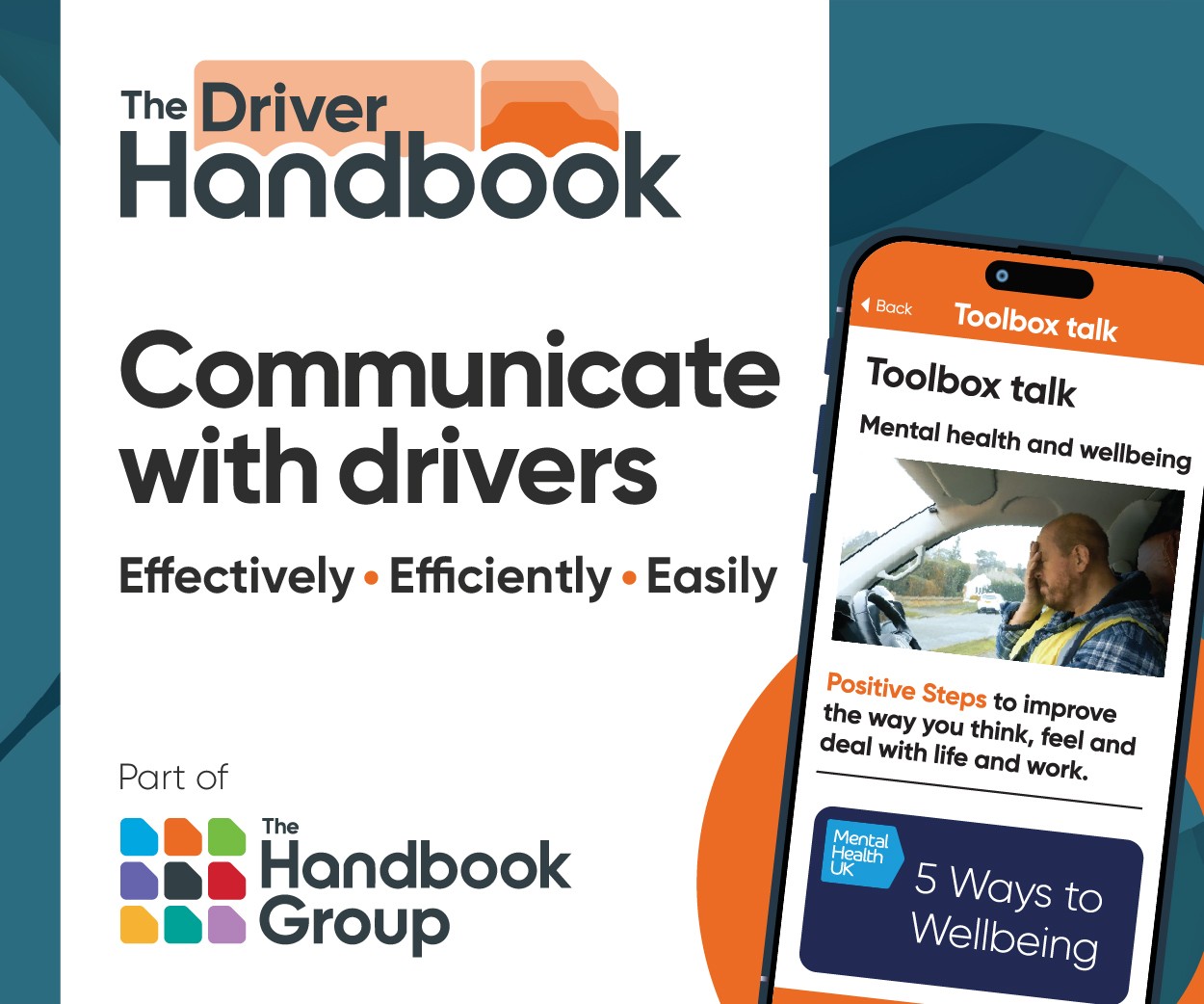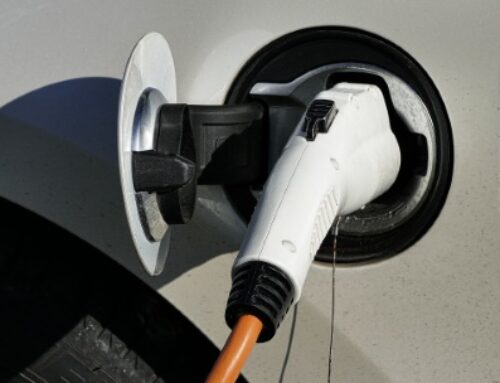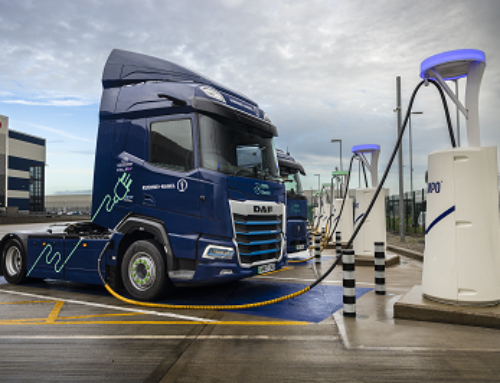RHA: fuel duty hike could increase living costs by £7bn
 The Road Haulage Association (RHA) has warned the Treasury that ending the fuel duty freeze in this year’s autumn budget could add £7.3 billion to the UK’s household living costs between now and the end of the current parliament, if there is no general election before 2029.
The Road Haulage Association (RHA) has warned the Treasury that ending the fuel duty freeze in this year’s autumn budget could add £7.3 billion to the UK’s household living costs between now and the end of the current parliament, if there is no general election before 2029.
The chancellor of the exchequer Rachel Reeves has recently stressed the damaging long-term impact on the UK’s economy of Brexit, which has been interpreted by commentators as a likely rationale for potential tax rises among her budget announcements next month.
The call for caution from the RHA follows new research conducted on its behalf, which shows that a 5p per litre fuel duty increase would mean higher distribution costs, pushing up food, drink and energy prices for UK households.
Overall consumer prices would increase by 0.3 per cent as a result, says the report, costing households an additional £2bn per year. For an average car-owning family, this would represent around £100 a year.
“Diesel costs more here than anywhere else in Europe, and over half of every pound at the pump already goes to government,” said Richard Smith, RHA managing director.
“Road freight transport firms keep shops stocked and building sites running, but they’ve been squeezed in recent years. A fuel duty increase would be a hammer blow to a key industry already operating on tight margins.
“When businesses face higher fuel costs, the costs don’t disappear. They flow through the supply-chain. This means households pay more for the weekly shop and energy bills. The essentials are hit hardest, and lower-income families feel it most.”
He added that the RHA was urging the Treasury to keep fuel duty frozen.
“At a time when many budgets are stretched thin by cost-of-living pressures, we need to be honest about the real-world impact of fuel duty increases,” he said.
“It’s not just about motorists. It’s about how we move goods, feed families, and keep the economy running.”
Fuel costs currently represent around 20-25 per cent of road haulage operating costs. Fuel duty has been frozen by successive governments since 2011, and a temporary 5p cut in 2022 has since been extended each year.
Taking a 2p fuel duty rise instead of 5p, the impact on consumer prices would be 0.1 per cent, the RHA-commissioned report found.
It also looked at the potential impact of increases in line with the retail price index (RPI) of vehicle excise duty (VED) and the HGV road user levy, but it concluded that this would only increase overall consumer prices by 0.01 per cent, primarily because the two road taxes make up a much smaller proportion of overall transport expenditure.
Earlier this month the chancellor warned that she was preparing for a sharp growth forecast downgrade by the independent Office for Budget Responsibility (OBR), which it is expected will necessitate tax rises, though the details remain unclear.
“Things like austerity, the cuts to capital spending and Brexit have had a bigger impact on our economy than was even projected back then,” she said.
“That is why we are unashamedly rebuilding our relations with the EU to reduce some of those costs, that in my view were needlessly added to businesses since 2016 and since we formally left a few years ago.”













